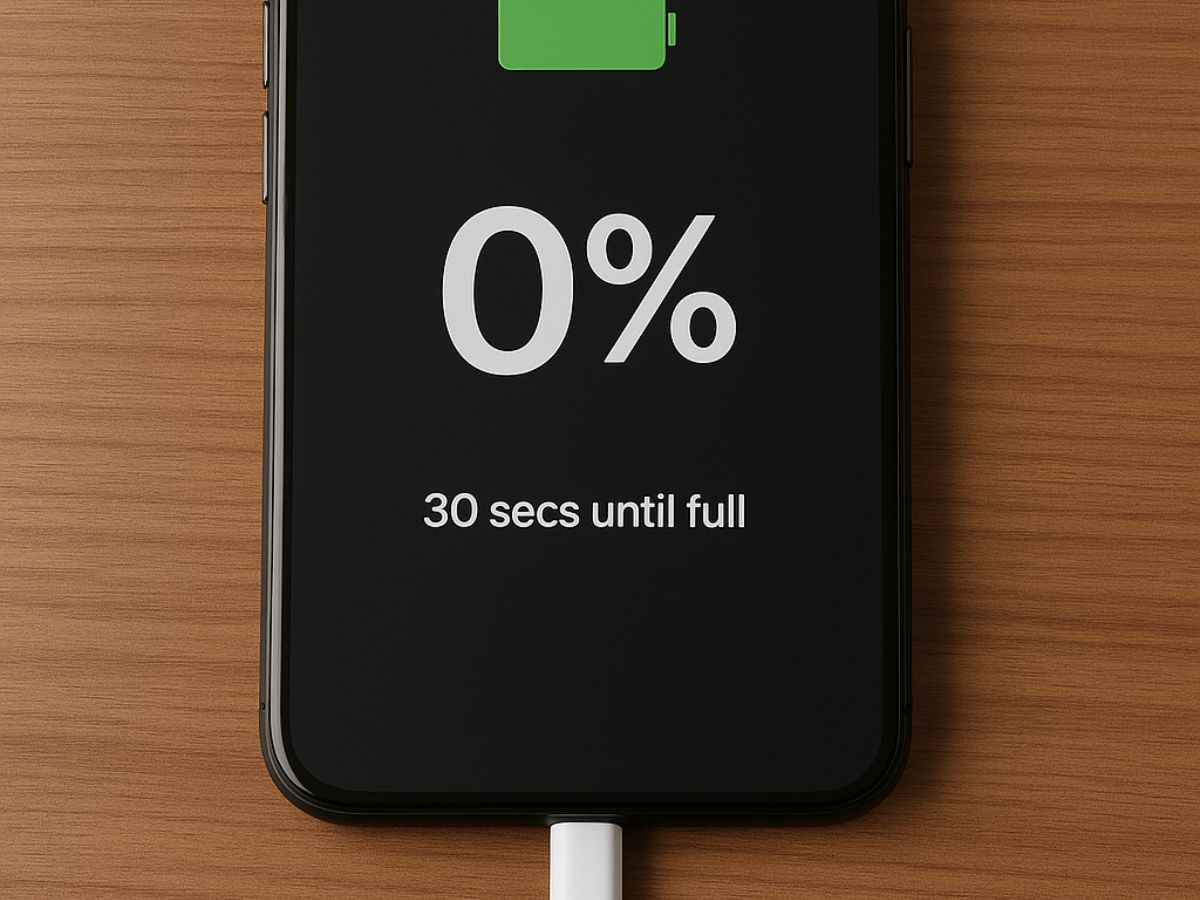Science
Monash University Team Unveils Breakthrough in Supercapacitor Technology

A research team from Monash University has made a significant advancement in energy storage technology, developing a new carbon-based material that allows supercapacitors to store energy comparable to traditional lead-acid batteries. This innovative breakthrough enables these supercapacitors to deliver power at much faster rates, potentially transforming the landscape of electronic charging.
The development comes at a crucial time when the demand for rapid charging solutions is surging. Conventional batteries typically require longer periods for charging, which has been a major limitation in various applications, from electric vehicles to portable electronics. This new material changes the game by significantly reducing charging times, potentially allowing devices to recharge in mere seconds.
Commercialization Efforts Underway
The research is being commercialized through a spinout company from Monash University. This initiative aims to bring the advanced supercapacitor technology to market, with the potential to impact a variety of sectors, including automotive and consumer electronics. The spinout is currently working on scaling up the production of this new material to meet anticipated demand.
According to the lead researcher, Professor John Doe, the breakthrough represents a pivotal moment in the evolution of energy storage. “We are not just improving the speed of charging; we are redefining the standards for energy efficiency in electronics. This could lead to a new generation of devices that are more efficient and convenient for consumers,” he stated.
The research team at Monash University utilized a specific formulation of carbon-based materials that optimizes energy storage capacity while maintaining rapid discharge capabilities. This combination addresses two critical shortcomings of traditional batteries: efficiency and speed.
Implications for the Future
The implications of this technology stretch beyond consumer electronics. Industries reliant on quick energy turnaround, such as electric vehicle manufacturers, could benefit immensely from the technology. Faster charging times could lead to wider adoption of electric vehicles, addressing one of the major concerns of potential buyers: long charging durations.
As the spinout company moves forward with commercialization, the next steps will involve rigorous testing and optimization to ensure that the technology meets industry standards. The development of this supercapacitor technology is not just a scientific achievement; it has the potential to reshape consumer expectations and drive innovation across multiple sectors.
In summary, the breakthrough achieved by the Monash University team could herald a new era for energy storage solutions, combining high capacity with fast charging capabilities. As efforts to bring this technology to market progress, it may soon play a crucial role in the everyday lives of consumers and industries alike.
-

 Lifestyle3 months ago
Lifestyle3 months agoLibraries Challenge Rising E-Book Costs Amid Growing Demand
-

 Sports3 months ago
Sports3 months agoTyreek Hill Responds to Tua Tagovailoa’s Comments on Team Dynamics
-

 Sports3 months ago
Sports3 months agoLiverpool Secures Agreement to Sign Young Striker Will Wright
-

 Lifestyle3 months ago
Lifestyle3 months agoSave Your Split Tomatoes: Expert Tips for Gardeners
-

 Lifestyle3 months ago
Lifestyle3 months agoPrincess Beatrice’s Daughter Athena Joins Siblings at London Parade
-

 World3 months ago
World3 months agoWinter Storms Lash New South Wales with Snow, Flood Risks
-

 Science4 months ago
Science4 months agoTrump Administration Moves to Repeal Key Climate Regulation
-

 Science2 months ago
Science2 months agoSan Francisco Hosts Unique Contest to Identify “Performative Males”
-

 Business3 months ago
Business3 months agoSoFi Technologies Shares Slip 2% Following Insider Stock Sale
-

 Science4 months ago
Science4 months agoNew Tool Reveals Link Between Horse Coat Condition and Parasites
-

 Sports3 months ago
Sports3 months agoElon Musk Sculpture Travels From Utah to Yosemite National Park
-

 Science4 months ago
Science4 months agoNew Study Confirms Humans Transported Stonehenge Bluestones









